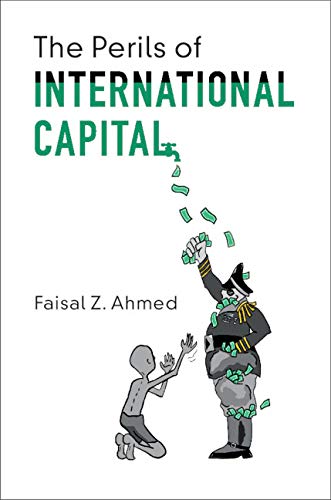
Building on my dissertation research, in The Perils of International Capital (Cambridge University Press 2020) I study how rising and buoyant inflows of foreign capital affect governance in developing countries, particularly those with less democratic institutions. In the book, I present robust empirical evidence and develop a unified theory of the impact of three prominent types of international capital – foreign aid to governments, migrant remittances to households, and foreign direct investment to firms – on political survival, with magnified and politically deleterious effects in dictatorship.
Existing scholarship that examine different types of international capital in isolation misestimates their effects. The unified approach in The Perils of International Capital clarifies the channels through which a strategically oriented government can leverage each type of capital flow to finance two important instruments of nondemocratic politics: repression and patronage. The book’s methodological approach takes serious questions of causal identification, exploiting plausibly exogenous in capital flows to more precisely estimate their effects. In doing so, I introduce creative ways to turn the observable world into a quasi-experimental laboratory. The book’s theory, case studies, and cross-national statistical evidence demonstrate how international capital can foster authoritarian politics. These findings challenge many existing studies and contribute to several important literatures in economics and political science.
FOR MORE: You can read the book’s opening chapter here OR order from Amazon.